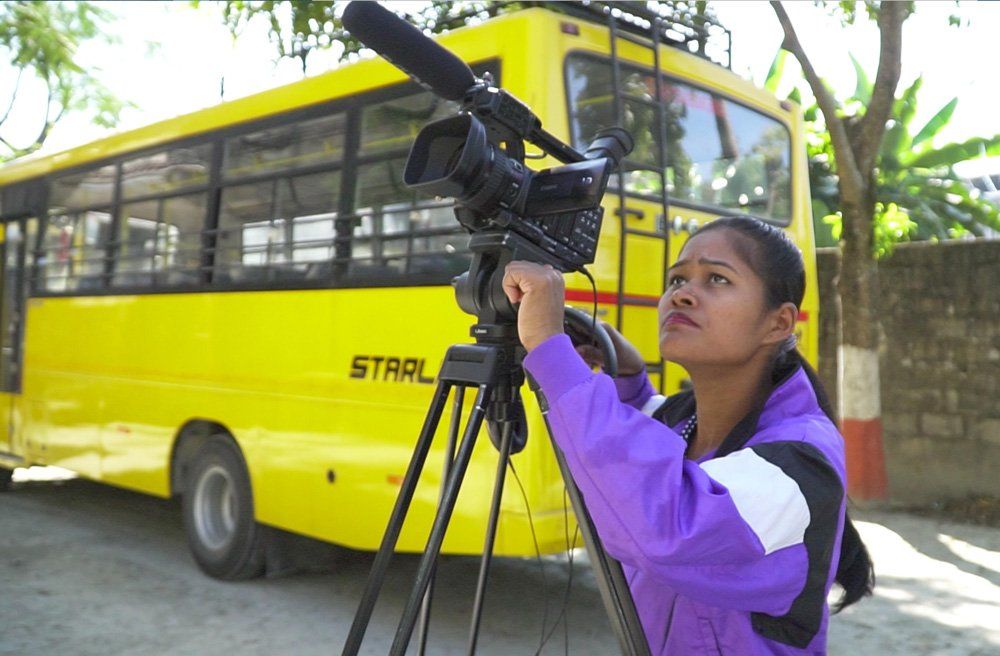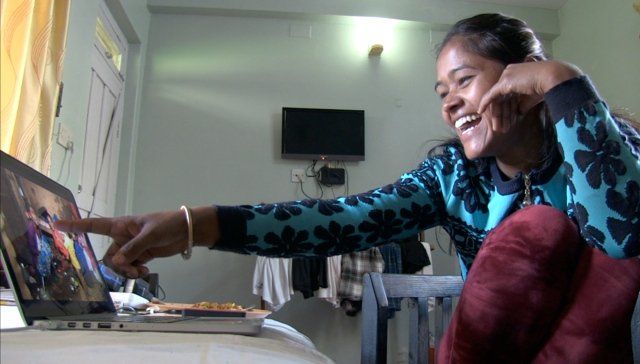A story of perseverance - I Am Belmaya
It is a rare opportunity to step into someone’s life. To witness their struggles, to connect with them and understand the reality of their situation.
Too often we read about the facts. We know how much further we need to go to achieve the United Nations Sustainable Development Goals. But still, it is not always very real to us. It’s just information, and that makes it harder to take action and do something about it.
When we get the opportunity to travel with someone through their experience, we get an insight into what it actually means, and how it feels to be deprived of an education.
Belmaya is an inspiration. She is a fighter. She succeeds against the odds, and that encourages us all. This isn’t just a film about the importance of education for girls. It is a film about the human spirit. The desire to make a difference in the world, to lead others and show them what is possible.
To achieve education for all, we need determination. Belmaya illustrates what it takes, hers is a story of perseverance.

Our Chief Executive Ann Beatty shared the following message:
"A huge thank you to everyone who supported this partnership and watched I Am Belmaya. It was such a privilege to work with Sue and share this beautiful film that shows the importance of girls' education. It was so heart-warming to see Belmaya's dreams for her own daughter's future, seeing Belmaya's courage and confidence gives me hope for all girls' futures. I am certain many of us will be talking about this beautiful film for a long time."
The funds raised will go to our Positive Periods Campaign, to enable girls to manage their periods with dignity and pride and most importantly attend school. You are helping to make a change.
Belmaya’s own two short films can be seen here.
Educate Our Daughters (07:23)
Rowing Against the Flow (03:46)
If you’re wondering what else you can do to help the film and/or Belmaya, here are some ideas and links. If you’d like to host a watch party for your circle, Sue Carpenter would be very happy to facilitate that and can do a live Q&A on Zoom - just get in touch.
If you are on social media, please do Like or Follow the film at @iambelmaya. Having a large following helps with potential international sales, and helps them reach a wide audience.
The film goes on general release on 11th October, the International Day of the Girl Child. You can offer your support at that time to help the film reach a wider audience.
Here is some of the feedback from people who watched the film at our last screening:
“Thank you for giving us the opportunity to see this inspirational film and gaining insight into the Nepali way of life.”
“Thank you for raising awareness of the struggle for girls' education and the desire to find out more.”
“This film is so close to my own story, thank you for sharing Belmaya's determination and perseverance to achieve her dream.”
“This film made me so emotional and tears of joy at the end.”
“I loved the film so many good things about it. To see Belmaya over a number of years growing in confidence, in the sense of herself was beautiful.”
Thank you, we hope you enjoyed the film too. Please tell us what was most memorable from the film in the comments below.





